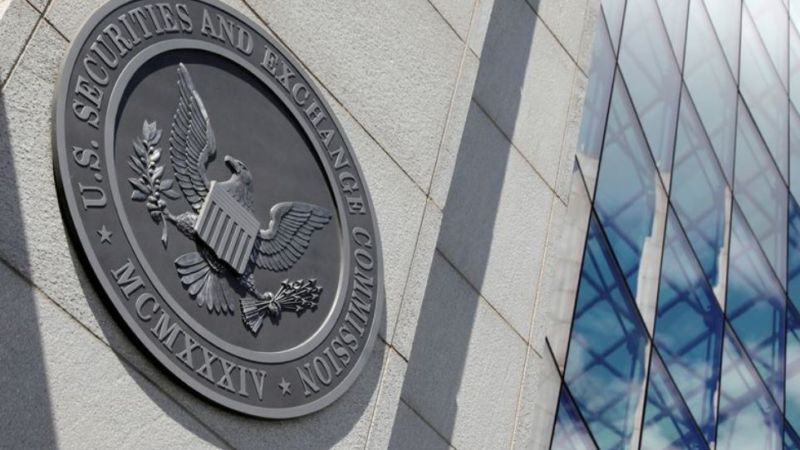Those financial services firms and issuers preparing for SEC examinations should understand the focus the agency is placing on ESG issues
The Securities and Exchange Commission (SEC) has yet to finalize proposed new rules for company disclosures regarding environmental, social, and governance (ESG) policies. However, financial services firms that are facing SEC examinations should prepare for a round of reviews in which ESG concerns will be a high priority, SEC officials say.
For several years, the SEC has monitored firms’ practices in offering services based on clients’ preferences on ESG and other investing factors related to corporate responsibility along with other factors that go beyond immediate bottom-line concerns.
In the past, the agency has cited the broad provisions of Section 206 of the Advisers Act, which requires disclosure of material facts to bring ESG-related actions. But since last November, the SEC has gained broader authority under the newly implemented Marketing Rule to examine all of firms’ compliance processes for advertising and marketing material, including ESG claims. “We’re testing under the Marketing Rule previously known as the Advertising Rule where you know the basic principle is to not make any misleading advertisement (related to ESG),” said Ashish Ward, the SEC Los Angeles branch chief.
Rulemaking by examination?
Some critics have argued that examiners are pushing ahead with their reviews of ESG at a time when the agency’s own rulemaking process has been facing challenges in defining the basic terms of what constitutes ESG.
However, the SEC sees it differently. Its SEC examinations unit says it has avoided substantive concerns of investment advisers’ ESG decisions, focusing instead on disclosure and documentation. The SEC exam unit also argues that it is implementing risk-based principles based on existing securities law, and it has taken the view that financial services firms must document and disclose the factors that they are using in advising clients.
“While the concern over whether the commission is using its examination or enforcement powers to advance its ESG-related rule making agenda is a fair question to raise,” said Ken Joseph, managing director for financial services compliance and regulation at Kroll. “The commission has already demonstrated in recent enforcement cases that the federal securities laws — including the anti-fraud provisions of the Advisers Act — provide a legal framework for charging alleged false or misleading ESG-related claims or inadequate compliance policies and procedures.”
“Examiners are tasked with evaluating claims made to clients or actual or prospective investors — neither the Marketing Rule nor the proposed ESG-related rule changed that dynamic,” Joseph adds.
Firms face widening ESG compliance risk
With the expansion of rules and priorities by the SEC, what is clear is that the risk of action by the agency because of compliance issues has expanded. Investment advisers will face compliance concerns they have never faced in the past under the new Marketing Rule because the rule adds even more emphasis on raising the bar for compliance units to have processes in place to assure ESG claims are accurate. In addition, the SEC has also created a 22-member Climate and ESG Task Force in its Division of Enforcement to better monitor firms’ and issuers’ ESG practices.
Navigating the complexity in compliance risk for issuers will be tricky in the near term, but adding ESG evaluations in disclosures only adds to the murkiness. “Due diligence can be become difficult with respect to evaluating ESG factors at issuers given the varying types of disclosures that they provide,” explains SEC branch chief Ward, adding that those
Bill Singer of the Brokeandbroker blog, a securities lawyer and former counsel for the Financial Industry Regulatory Authority (FINRA), says some brokerage firms are worried about how the SEC exam unit is viewing ESG. “There are a lot of concerns at firms that the SEC exams can look all over the firm for ESG issues that could pose compliance problems,” says Singer. “I’m hearing from firms that this ESG focus in examinations — and now with a special ESG task force — they will be getting hit with more deficiency letters and enforcement actions. They see it as rulemaking by examination.”
The SEC’s proposed ESG rules in total should give firms a reason to work on their compliance practices in advance of new rules, states law firm Mayer Brown LLP in a recent client note. “Although not directly embedded in any new rule or amendment, an SEC expectation is clearly set out in the proposal: that funds and advisers would adopt new compliance policies and procedures regarding their ESG-related strategies in order to help ensure the accuracy of the various prospectus and brochure disclosures,” the client note states.
“You should look at everything you say [on ESG] and ask if you can substantiate that it’s true,” the SEC’s Ward adds. “That’s going to flow through everything, and that’s going to help fix a lot of problems.”







